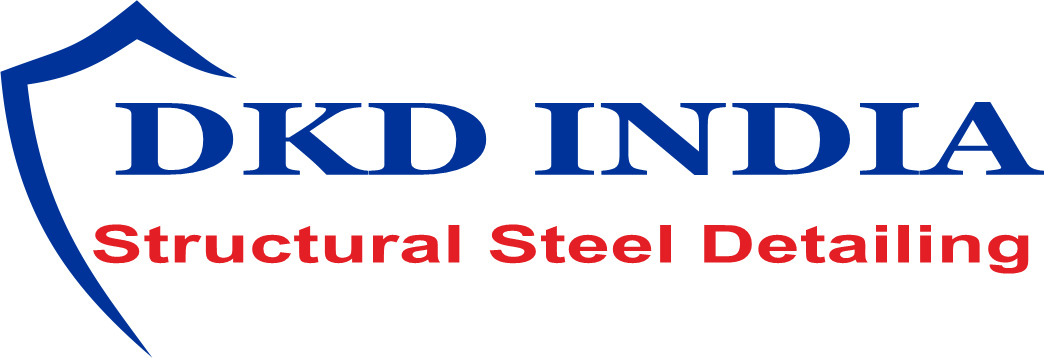Online data storage is a modern method of managing digital data. It eliminates a number of weaknesses that physical storage devices suffer from and provides a more efficient way for companies to save and access their data. The best option for you will depend on your particular requirements and preferences regarding access to and control of data. It is essential to consider the advantages and disadvantages of both physical storage and online storage to find the best solution for your company.
Increased security. Cloud storage utilizes multiple redundant servers and advanced encryption technology to guard against data breaches. It also safeguards against check this natural disasters, hardware malfunctions as well as other risks to data that are typical. The flexibility of cloud storage allows it to be more resilient to sudden changes and allows you to expand as your business expands without incurring expensive hardware costs or the ongoing expenses of physical hardware such as server solutions.
Collaboration is enhanced. Online storage solutions are accessible from various platforms and devices which means that your team always has the latest version of the file. This enables easy real-time collaboration and helps streamline processes such as project management, sales presentations, and other important documents. Additionally, some online storage providers offer automatic syncing capabilities that sync across devices and platforms that allow access to documents from any place, anytime.
Low initial cost. Unlike physical storage solutions that require costly equipment to purchase and set up, cloud storage allows you to pay-as you-go. Cloud storage is a great option for businesses looking to reduce costs and avoid large up-front expenses.
